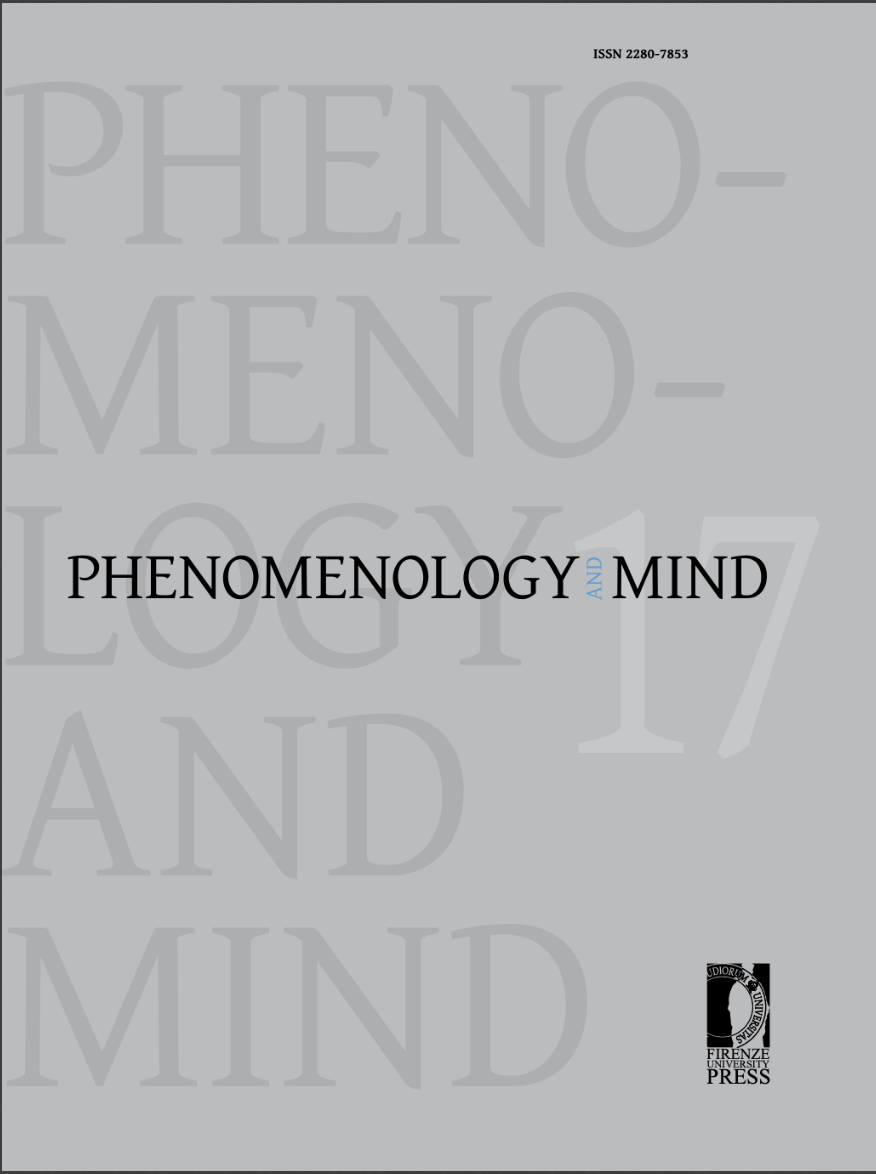Session 2. Collective Intentionality and Social Cognition
Published 2016-11-27
Keywords
- collective intentionality,
- ought implies can
How to Cite
Feis, G. (2016). The “Ought” Implies “Can” Principle: A Challenge to Collective Intentionality. Phenomenology and Mind, (2), 114–121. https://doi.org/10.13128/Phe_Mi-19631
Abstract
In my paper I investigate collective intentionality (CI) through the “Ought” implies “Can” (OIC) principle. My leading question is does OIC impose any further requirement on CI? In answering the challenge inside a Searlean framework, I realize that we need to clarify what CI’s structure is and what kind of role the agents joining a CI-act have. In the last part of the paper, I put forward an (inverted) Hartian framework to allow the Searlean CI theory to be agent sensitive and cope with the problems that emerged.

